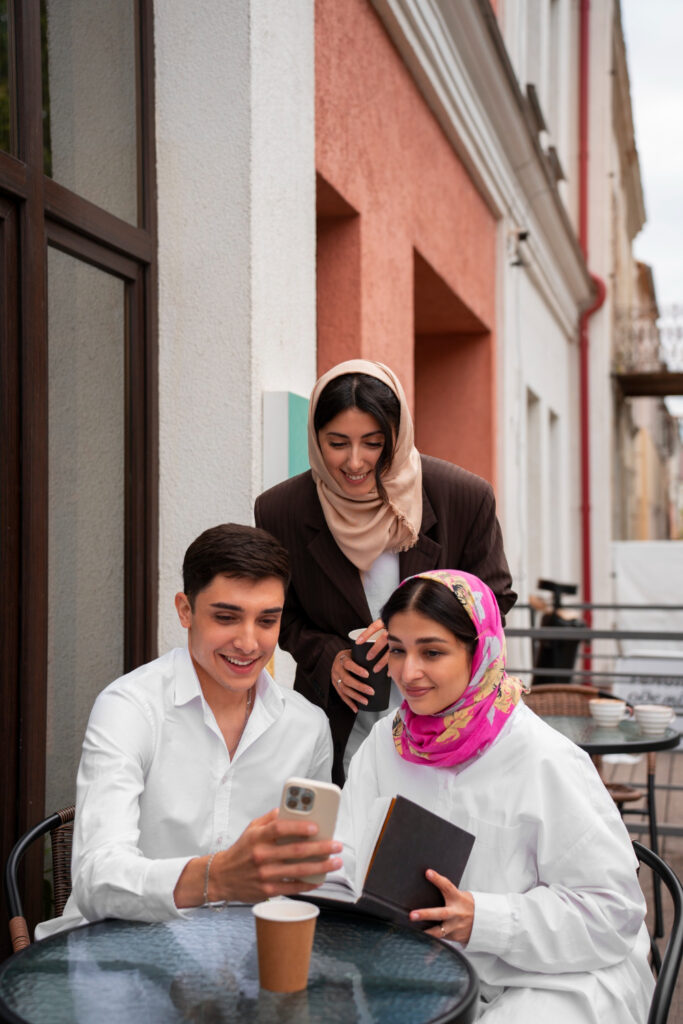Names are more than just labels—they’re stories, legacies, and cultural treasures. In the Arab world, names carry profound meanings, historical roots, and poetic beauty. Whether you’re crafting a character for a novel, seeking a unique name for your baby, or simply exploring the richness of Arabic heritage, an Arabic Name Generator can unlock a world of inspiration.
Why Arabic Names?
Arabic names are a blend of elegance and depth. Rooted in the language’s poetic tradition, they often reflect virtues (e.g., Amal meaning “hope”), natural elements (e.g., Layla meaning “night”), or religious significance (e.g., Abdullah meaning “servant of God”). Each name is a gateway to centuries of history, from ancient Bedouin tribes to modern-day artistry.
How an Arabic Name Generator Works
A well-designed Arabic Name Generator isn’t random—it combines linguistic patterns, cultural context, and creative algorithms to produce authentic-sounding names. Here’s what makes it unique:
- Root Letters System: Arabic words derive from 3- or 4-letter roots. The generator uses these roots (like k-t-b for “writing”) to craft names such as Katiba (writer) or Maktab (office).
- Gender-Specific Endings: Arabic names often end with -a for females (e.g., Fatima) and -d/-r for males (e.g., Khalid or Omar).
- Cultural Blending: It merges traditional names (Zayyid, Nour) with modern twists (Zayn, Aya), offering both timeless and trendy options.
List of Arabic Names
| Arabic name | Arabic languages | Gender |
| Nahla Dawood | نهلة داود | Female |
| Husam Al-Qadir | حسام القادر | Male |
| Zeina AbuBakr | زينة أبو بكر | Female |
| Talal Al-Nahyan | طلال آل نهيان | Male |
| Thana Issa | تانا عيسى | Female |
| Rashad Rafiq | رشاد رفيق | Male |
| Faten Ghorbani | فاتن قرباني | Female |
| Emir Khalil | أمير خليل | Male |
| Faiza Qadir | فايزة قادر | Female |
| Wael Wali | وائل والي | Male |
Why Use an Arabic Name Generator?
- For Writers & Creators: Build believable characters for stories set in the Middle East or fantasy worlds inspired by Arab culture.
- For Gamers: Name your RPG avatars with titles like Rashid al-Malik (Righteous King) or Soraya al-Qamar (Star of the Moon).
- For Expecting Parents: Find a name that honors heritage while feeling fresh, like Yara (small butterfly) or Tariq (morning star).
- For Language Enthusiasts: Dive into the rhythm and meaning of Arabic linguistics.
Benefits Beyond Convenience
Unlike generic name lists, a specialized generator:
- Preserves Authenticity: Avoids mismatched sounds (e.g., Jamal works, but “Jaxir” doesn’t align with Arabic phonetics).
- Explores Diversity: From Levantine to Gulf influences, discover regional variations like Leen (softness, popular in Syria) or Fahad (panther, common in Saudi Arabia).
- Sparks Creativity: Mix and match prefixes/suffixes (Al-, -deen, -issa) to design hybrid names like Alia-deen or Samira-issa.
Tips for Choosing the Perfect Arabic Name
- Focus on Meaning: Research the name’s background. Salim means “peaceful,” while Nadia means “tender.”
- Pronunciation Matters: Opt for names easy to pronounce in your language (e.g., Lina over Thurayya).
- Honor Tradition: Consider names tied to Islamic history (Aisha, Ali) or pre-Islamic poetry (Imru’ al-Qays).
FAQs for Arabic Name Generator
An Arabic Name Generator is an online tool that creates culturally authentic Arabic names using algorithms based on linguistic patterns, historical roots, and regional traditions. It combines Arabic root letters (e.g., k-t-b for “writing”) with gender-specific suffixes and modern trends to generate meaningful names.
Yes! Reputable Arabic Name Generators prioritize cultural authenticity by referencing classical Arabic literature, historical records, and regional naming conventions. Names often reflect virtues (e.g., Noura = “light”), nature (e.g., Yasmin = “jasmine”), or religious significance.
Absolutely! Many parents use Arabic Name Generators to find unique, meaningful names for their children. Filters often allow you to search by gender, meaning (e.g., Amal = “hope”), or popularity to suit modern or traditional preferences.
Most generators categorize names by style. For timeless choices, opt for classics like Fatima or Khalid. For modern flair, explore trendy blends like Zayn or Layan.
Yes! Writers and gamers use Arabic Name Generators to craft immersive identities, such as Rashid al-Hakim (“wise leader”) for a fantasy hero or Soraya al-Qamar (“star of the moon”) for a mystical character.
High-quality tools include meanings, origins, and phonetic guides. For example, Tariq means “morning star” and has roots in Islamic history, while Leen (softness) is popular in Levantine regions.
Advanced generators let you filter names by region (e.g., Gulf, Levantine, North African). For instance, Fahad (panther) is common in Saudi Arabia, while Yara (small butterfly) is popular in Lebanon.
Yes. Female names often end with -a (e.g., Layla), while male names may use -d or -r (e.g., Majid, Omar). The generator adheres to these linguistic norms.
Look for generators with audio guides or simplified spellings. Names like Lina or Samir are globally intuitive, while Thurayya (Pleiades star cluster) may require practice.
Many tools highlight names with Islamic significance, such as Abdullah (“servant of God”) or Aisha (a revered figure in Islamic history). Always cross-check religious or cultural sensitivities if needed.


















